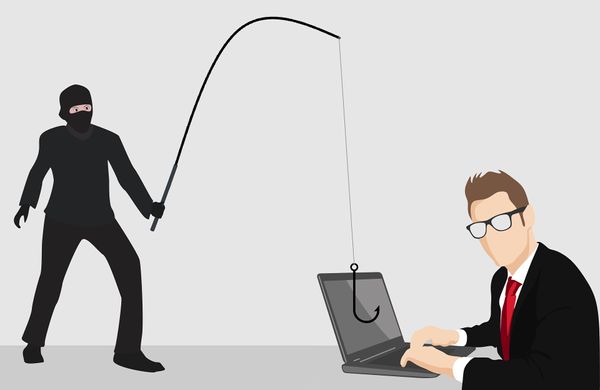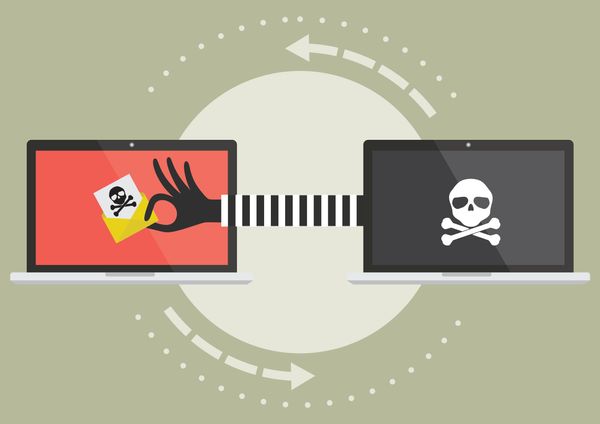German Police Arrest Three People Accused of Running Massive Phishing Campaign

German authorities arrested three men in North Rhine-Westphalia, accusing them of running a phishing campaign that netted €4 million in less than a year.
While many phishing campaigns are primarily about collecting as much data as possible on victims, some campaigns go much further. According to the authorities, one of the three people arrested is a 24-year-old German citizen believed to have deployed the phishing attack. An alleged accomplice has also been charged, and a third person is still under investigation.
Attackers sent phishing emails that imitated messages from German banks, informing recipients of security issues with the account. By logging into the phishing website, victims offered their credentials to the attackers.
This is where many such campaigns usually end, with stolen credentials ending up for sale on the dark net. These attackers, however, had other plans. They made use of the information and asked victims for their TAN (transaction authentication number), which allowed hackers to withdraw funds from bank accounts.
Making matters worse, they also hit the affected banks with DDoS attacks to conceal their thefts, trying to make online banking services unavailable. According to the prosecution document published by Bleeping Computer, much of their efforts were possible because their contracted various Crime-as-a-Service offers from the dark web.
The entire campaign lasted from October 3, 2021, to April 29, 2022. Two of the three people arrested have been charged with 124 acts of computer fraud in Hanover and other cities.
Not all phishing emails are easy to distinguish from the real ones. This is a situation where having a security solution installed, whether it’s on the phone or personal computer, makes all the difference. Clicking on phishing links instantly triggers protection and informs users that they could be victims of fraud.
It’s also worth remembering that banks, financial institutions and similar organizations don’t ask for personal information over the internet or phone. That’s especially true for sensitive data such as TAN numbers that should not be shared with anyone under any circumstance.
tags
Author
Silviu is a seasoned writer who followed the technology world for almost two decades, covering topics ranging from software to hardware and everything in between.
View all postsRight now Top posts
Start Cyber Resilience and Don’t Be an April Fool This Spring and Beyond
April 01, 2024
Spam trends of the week: Cybercrooks phish for QuickBooks, American Express and banking accounts
November 28, 2023
FOLLOW US ON SOCIAL MEDIA
You might also like
Bookmarks







